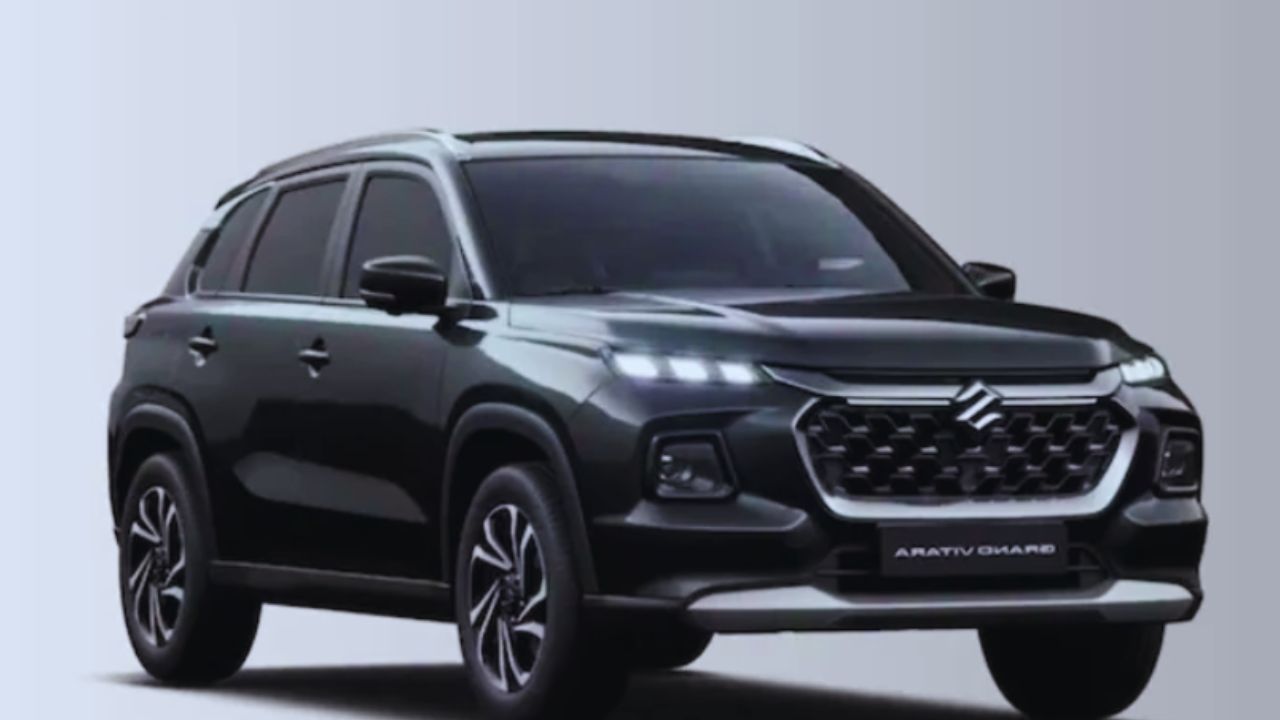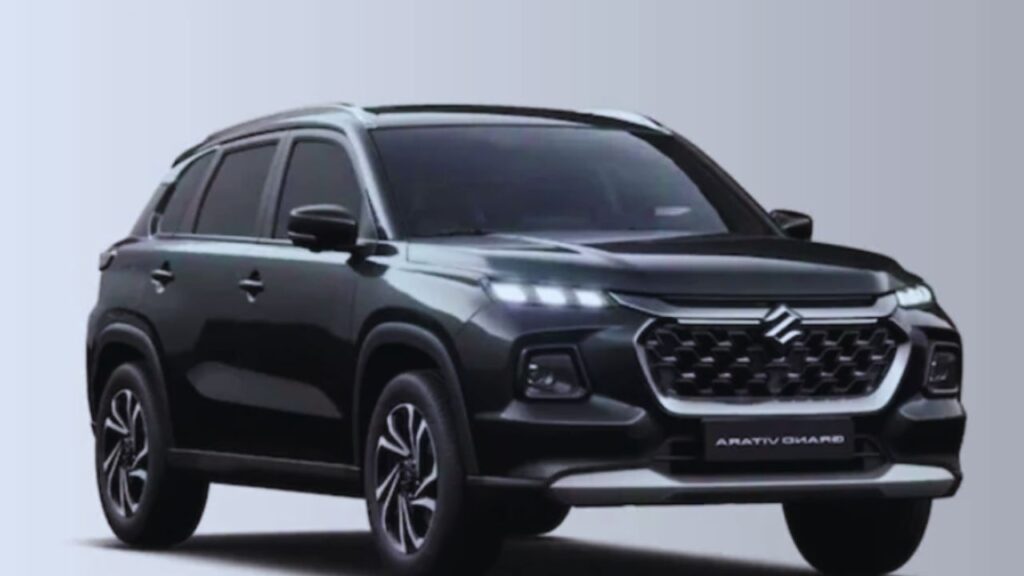
Maruti Suzuki, India’s largest carmaker, has taken another major step towards strengthening its position in the hybrid and electric mobility space. The company has confirmed that its Hansalpur plant in Gujarat will soon begin local manufacturing of batteries for the Grand Vitara Hybrid SUV. This move not only supports the Government of India’s “Make in India” and Atmanirbhar Bharat initiatives but also marks a significant milestone in reducing dependence on imports and promoting sustainable mobility.
A Strategic Move Towards Localization
Until now, batteries for the Grand Vitara Hybrid were largely imported. However, with growing demand for hybrid vehicles in India and the company’s focus on cost efficiency, Maruti Suzuki has decided to localize the production process. By manufacturing batteries at its Hansalpur facility, the automaker expects to:
- Reduce costs significantly by cutting down on imports.
- Strengthen supply chain stability within India.
- Offer competitive pricing to customers in the rapidly growing hybrid SUV segment.
This step further enhances Maruti Suzuki’s commitment to building an indigenous ecosystem for clean and green mobility.
Hansalpur Plant: A Key Manufacturing Hub
The Hansalpur plant, located in Gujarat, is already one of Maruti Suzuki’s most important facilities. It plays a central role in producing a range of vehicles for both domestic and international markets. Now, with the addition of battery manufacturing for hybrid models, the plant will become even more vital in Maruti Suzuki’s long-term strategy.
The facility will focus on assembling lithium-ion battery packs, which are at the core of hybrid vehicles. These batteries will power the Grand Vitara’s Intelligent Electric Hybrid System, ensuring better fuel efficiency and reduced carbon emissions.
Grand Vitara Hybrid: A Game-Changer SUV
Launched as part of Maruti Suzuki’s premium SUV lineup, the Grand Vitara Hybrid has quickly emerged as a popular choice among Indian buyers. Its strong hybrid technology, developed in collaboration with Toyota, allows the SUV to run in pure EV mode for short distances while delivering exceptional mileage compared to conventional petrol engines.
With battery localization, the Grand Vitara Hybrid is expected to become even more attractive to Indian customers, as production costs could decline, leading to better value for money.
Boost to India’s EV and Hybrid Ecosystem
Maruti Suzuki’s decision will also have a ripple effect across the Indian automobile industry:
- Encouragement for local suppliers: As battery production begins, domestic suppliers of raw materials, components, and electronics will see rising demand.
- Employment generation: The Hansalpur facility will create new job opportunities in advanced manufacturing and technology.
- Technology transfer: Localization will bring global hybrid battery know-how into India, boosting innovation in clean mobility.
- Sustainability goals: Reduced imports mean lower logistics-related emissions and a step closer to carbon neutrality.
Future Outlook: Maruti’s Green Mobility Vision

Maruti Suzuki has made it clear that hybrids will play a crucial role in India’s transition to greener mobility. While the company is also working on its first electric SUV, expected around 2025, it views hybrids as a practical bridge between conventional petrol vehicles and full-electric cars.
By starting battery manufacturing in Hansalpur, Maruti Suzuki is not just cutting costs but also preparing for a future where India will be self-reliant in advanced auto technologies. This aligns perfectly with the government’s vision of making India a global hub for EV and hybrid vehicle production.
The decision to manufacture Grand Vitara Hybrid’s battery locally at Hansalpur marks a transformative step for Maruti Suzuki and India’s automobile industry. It represents a fusion of cost efficiency, technological advancement, and sustainability, while also reinforcing India’s ambition to become a leader in clean mobility solutions.
For Indian consumers, this could translate into more affordable hybrid SUVs and greater confidence in adopting eco-friendly vehicles. For the nation, it is another stride towards an Atmanirbhar and sustainable automotive future.






